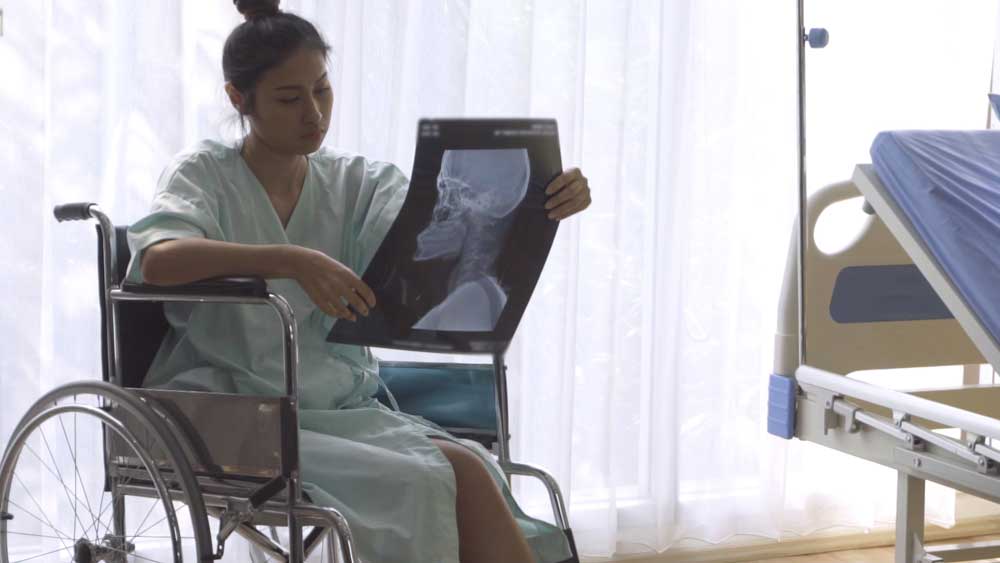
Selinger Law Group obtains $15.5 million verdict for brain injury
November 19, 2021
Selinger Law Group obtains $15.5 million verdict for brain injury
November 19, 2021Dealing with insurance companies after an accident can be overwhelming and confusing. It’s important to protect your interests, especially when it comes to giving statements or providing information to the other driver’s insurer.
First, you have no obligation to talk with the other driver’s insurance company, no matter how nice the insurance adjuster may seem. Insurance companies may ask you to give a recorded statement or to provide your version of events. However, you should be aware that they are not really interested in your side of the story. Their goal is to get you to say something that they can use to limit the amount of money they will have to pay you later on. Do not give them that chance. Before providing any recorded statement to the other driver’s insurer, consult with an attorney to have them review the statement.
Second, do not release any medical records to the other person’s insurer. Insurers often scour medical records for evidence of any pre-existing conditions or illnesses, including ones that are unrelated to your accident. This is an attempt to reduce your potential recovery and limit the amount of compensation you may receive.
It is important to consider the long-term effects of your injuries. You may not know how they will heal or impact your life in the future. For this reason, insurers may try to get you to settle your case for a small amount, especially if you are not represented by an attorney. If the insurer wants you to sign a release, the payment you get from the company at that time will likely be the last compensation you ever receive from your injuries. Don’t let them pressure you into signing a release or accepting a settlement that may not fully cover your future expenses or losses, which may include:
- Lost time at work
- Physical therapy appointments
- Cost of medical care and prescriptions
- Your ability to enjoy the same activities as before the accident
- Prevention of earning a living due to accident-related injuries
- Need for surgery
- Possibility of injuries degenerating
Third, if your car was damaged in the accident, don’t just agree to let the other side buy it as a property settlement. Your car is evidence of the damages you experienced and the trauma you went through, and you may need it examined by experts or photographed as evidence in court later. If the insurer buys it, it will likely be destroyed, especially if it was totaled. Be sure to consult with an attorney before making any decisions about your property or settlement offers.
In summary, dealing with insurance companies after an accident requires caution and awareness. It’s best to consult with an attorney before giving any statements or providing information, and to consider the long-term effects of your injuries when negotiating a settlement. Protecting your interests now can help ensure that you receive fair compensation for your losses in the future.

